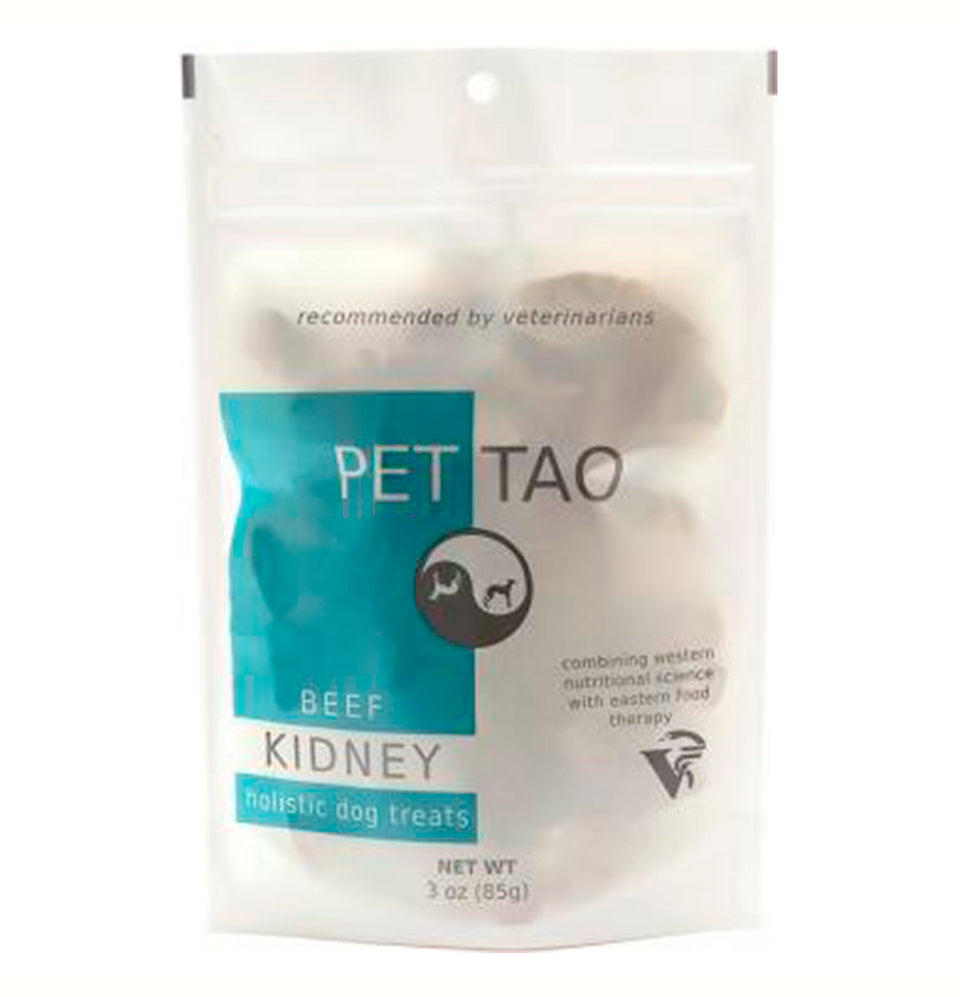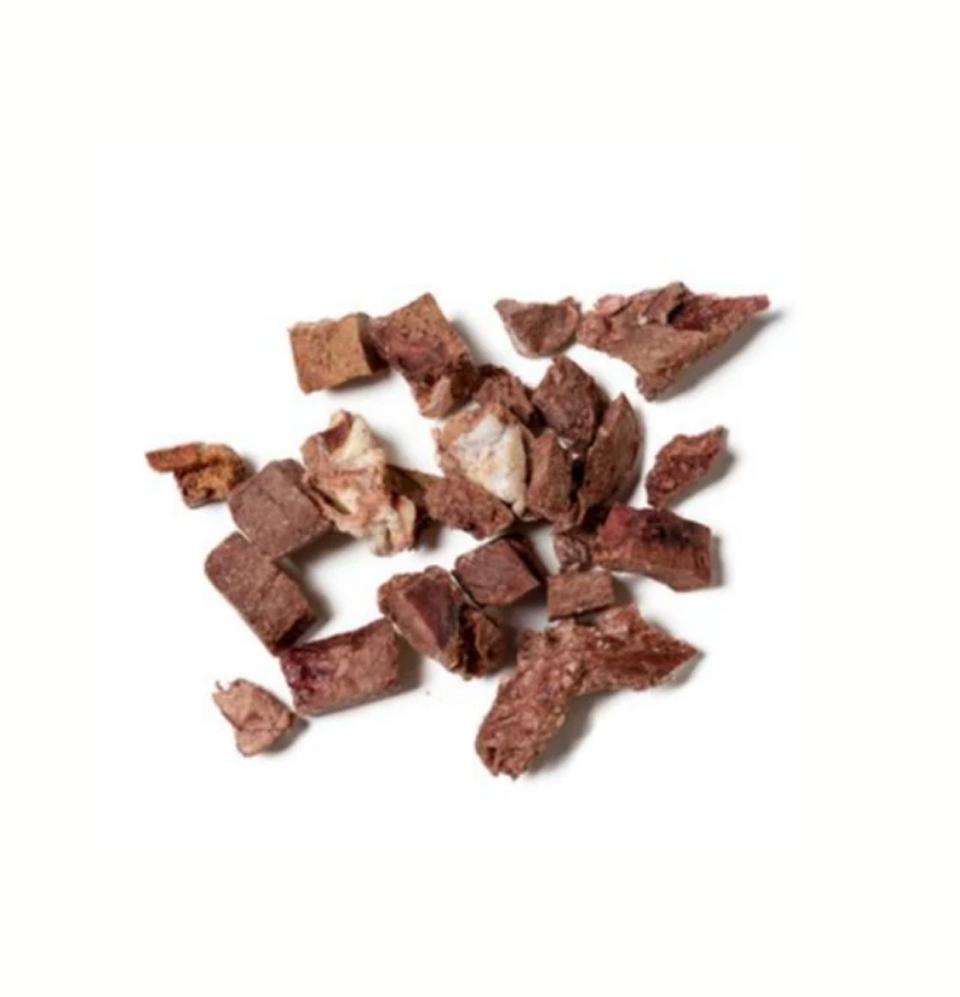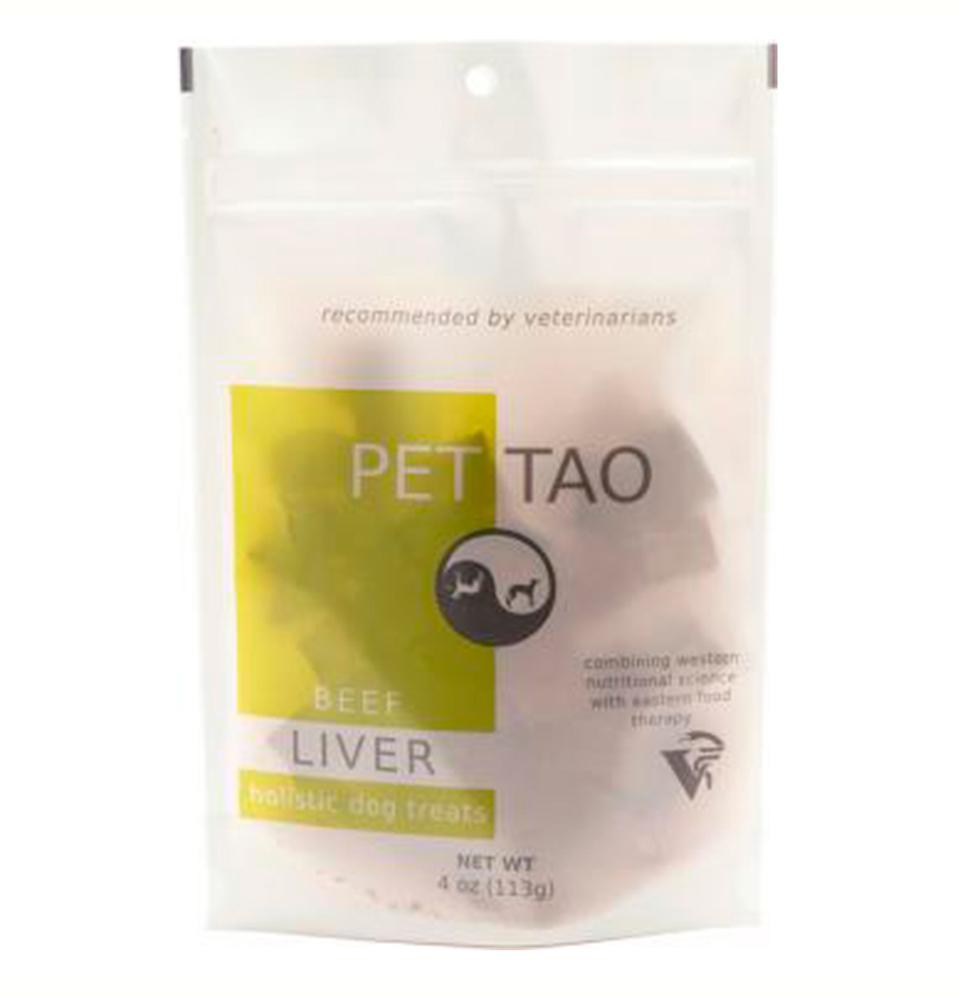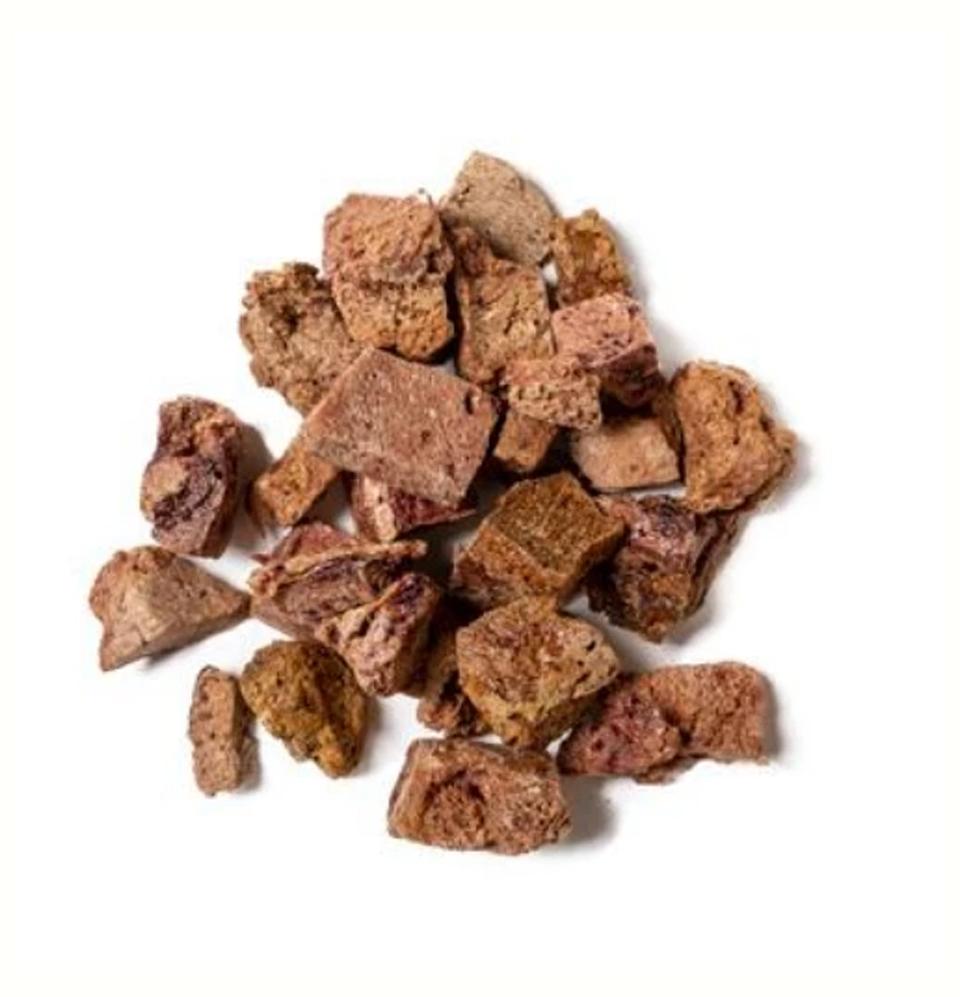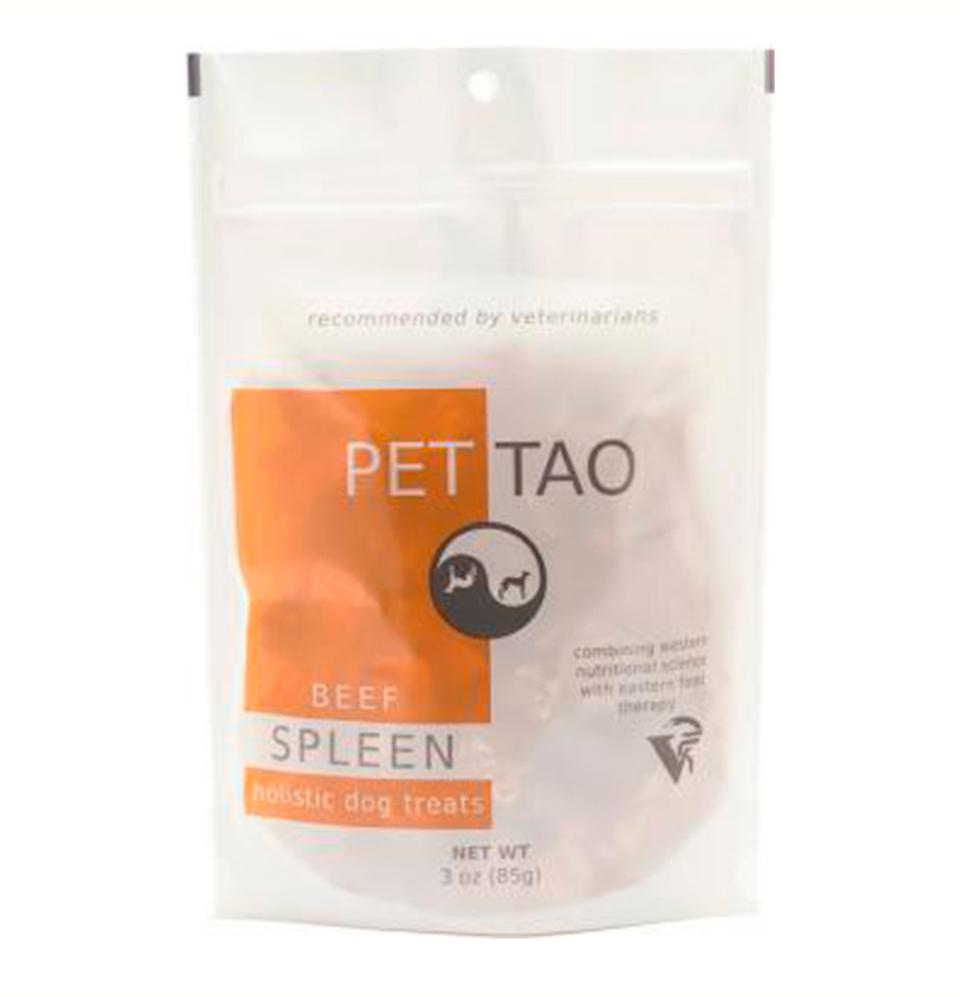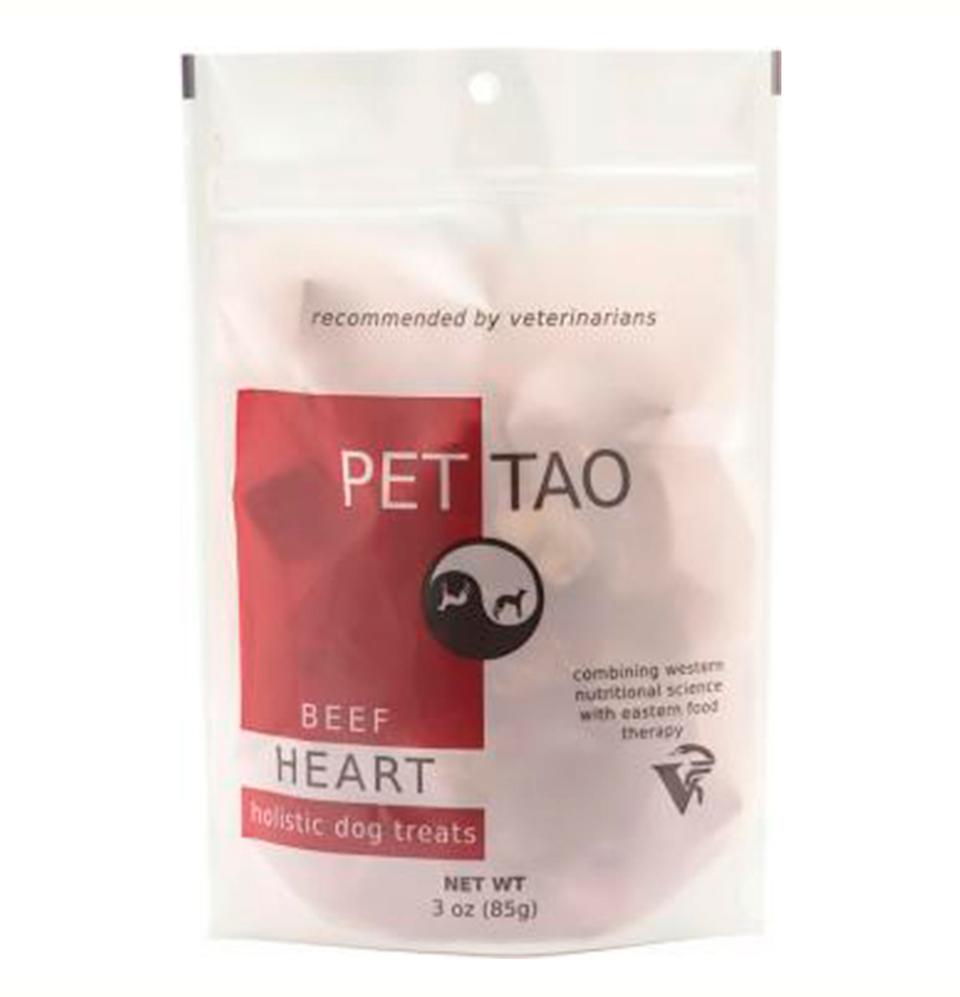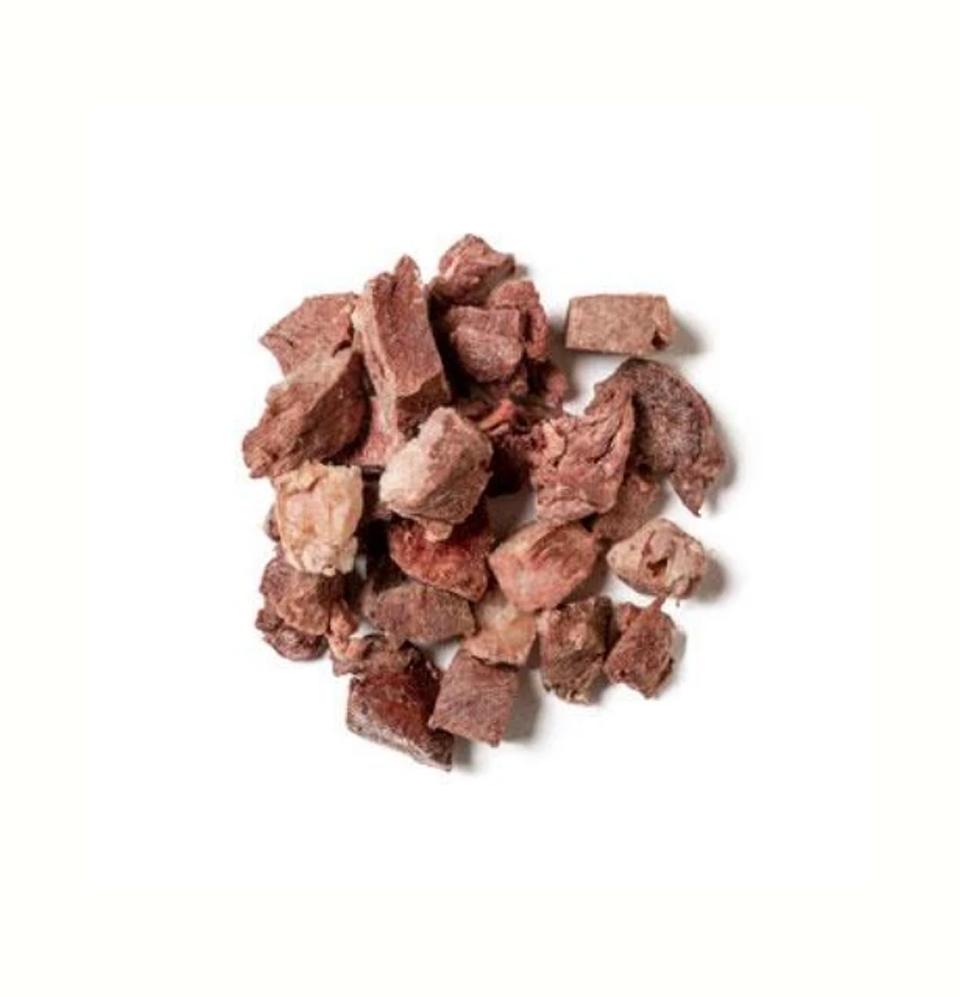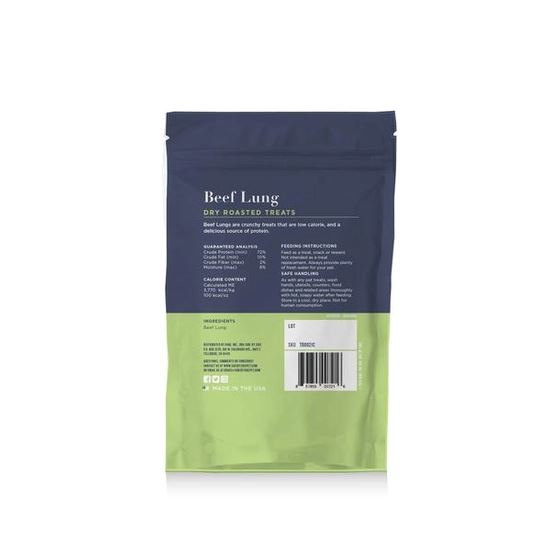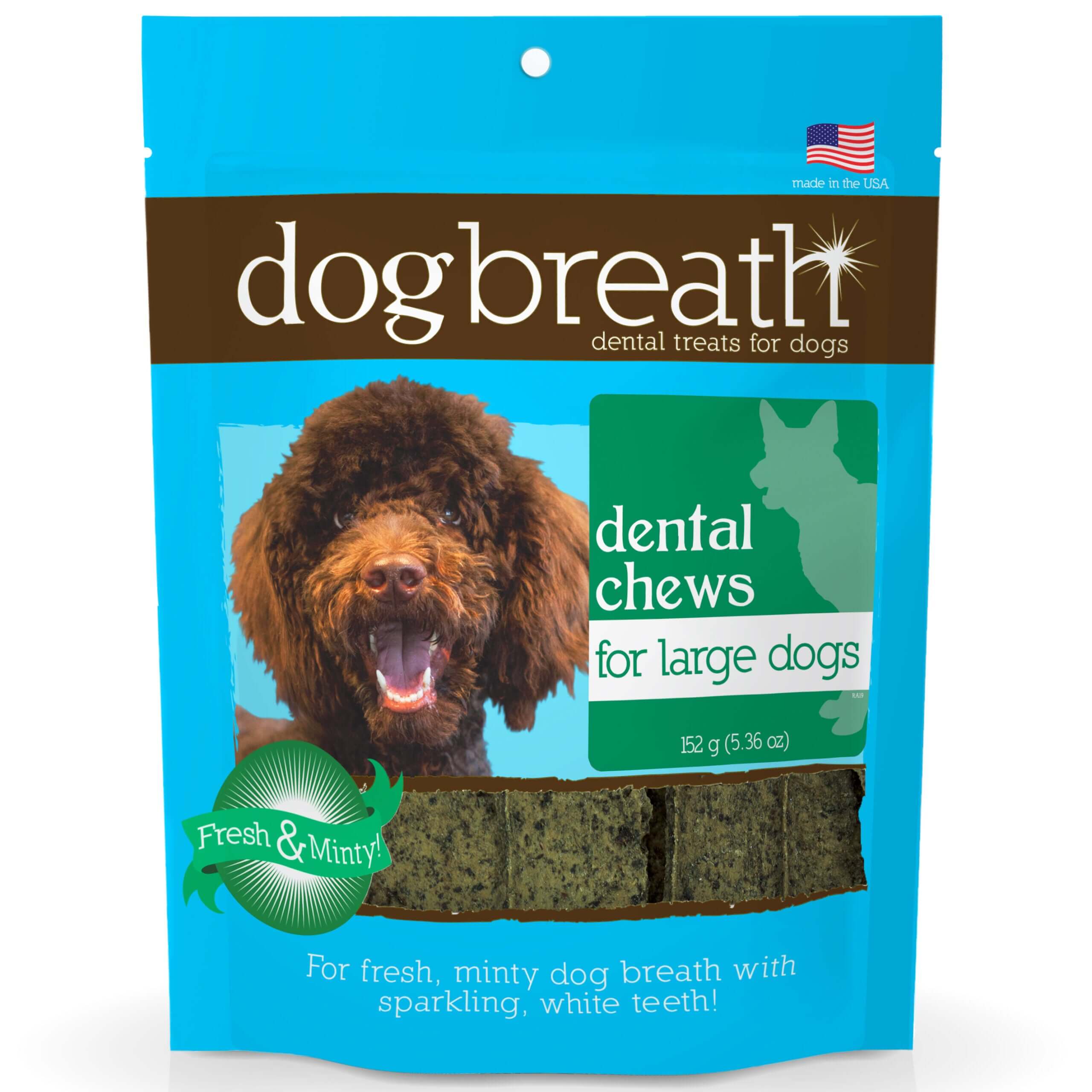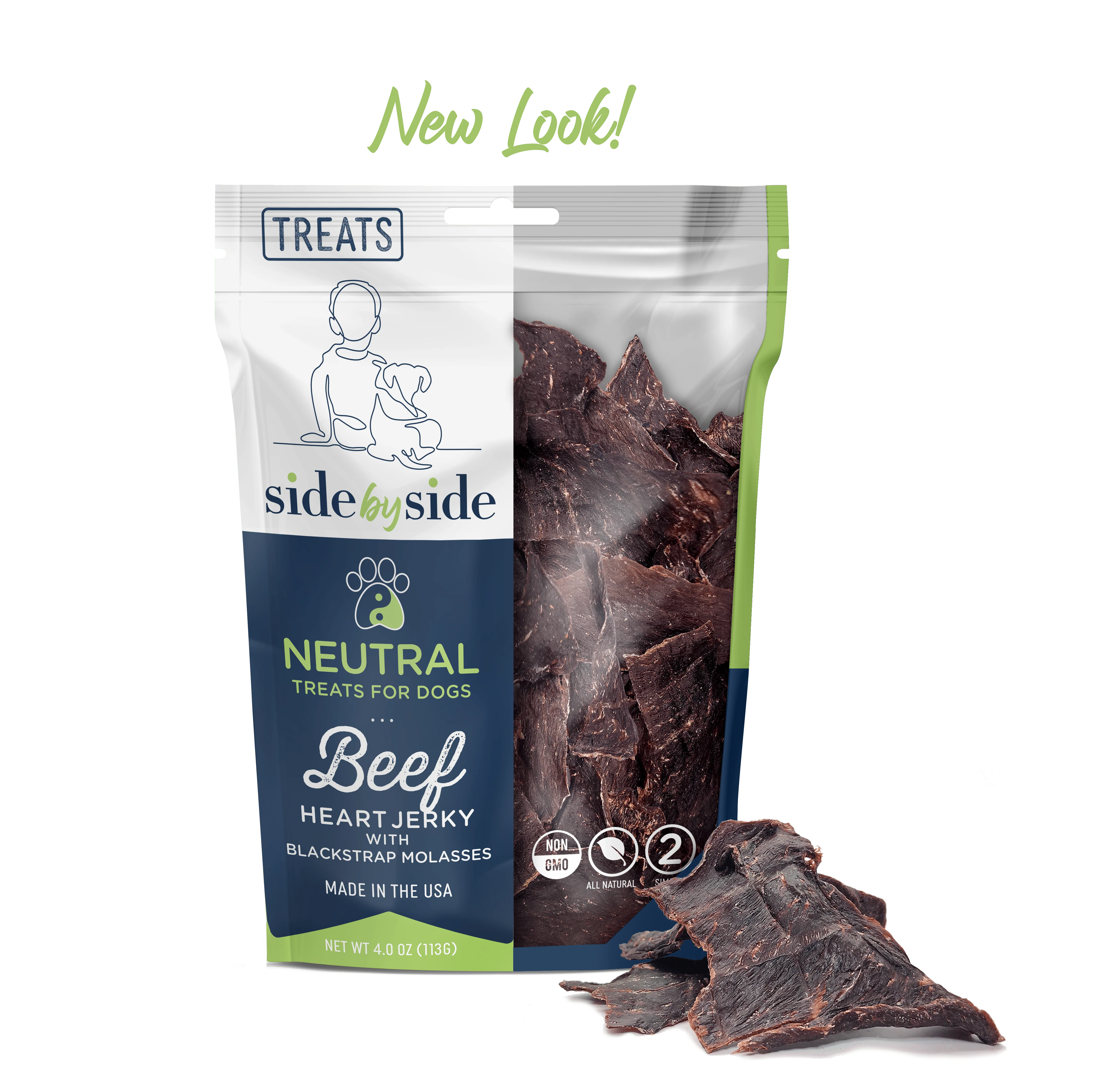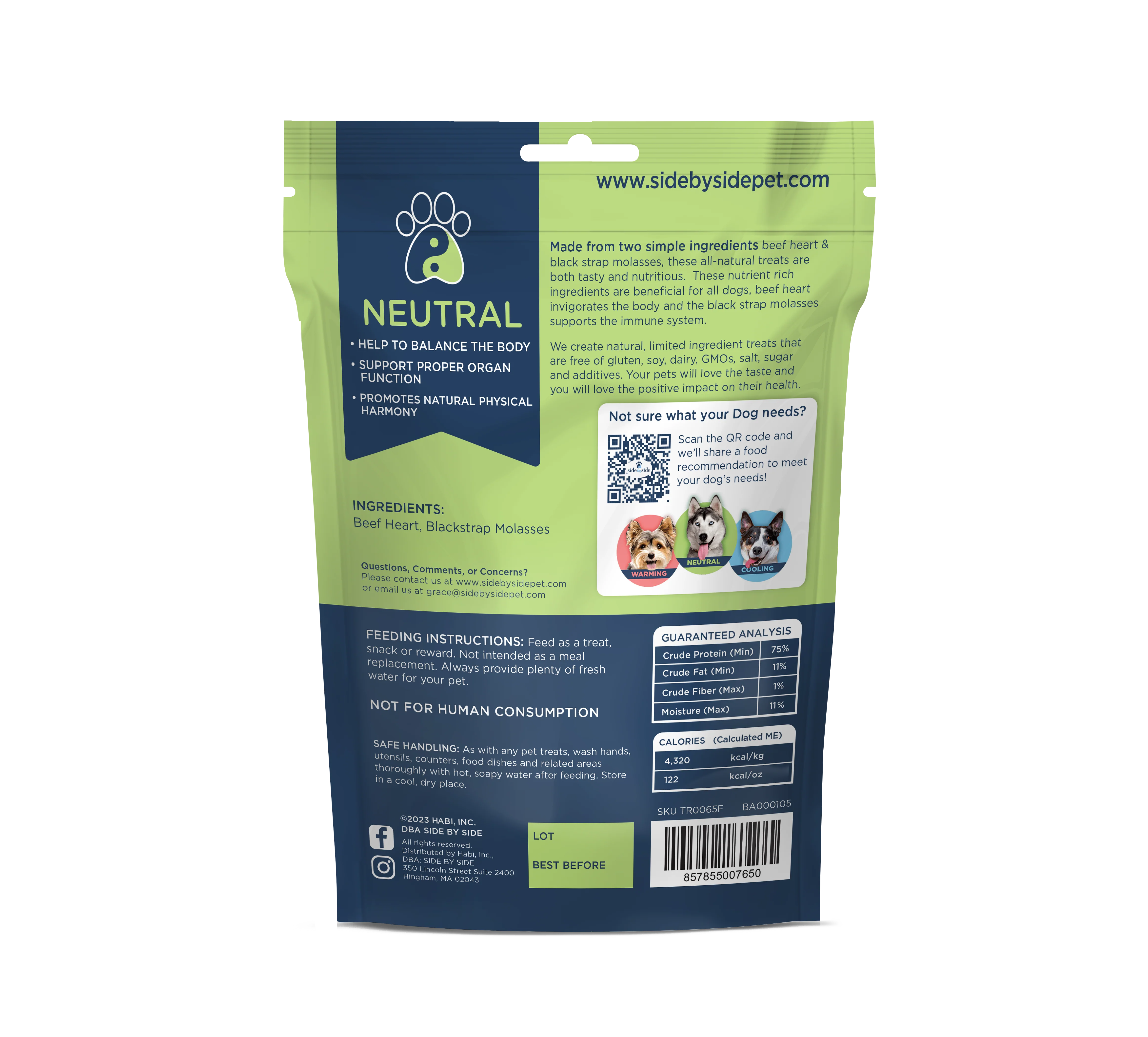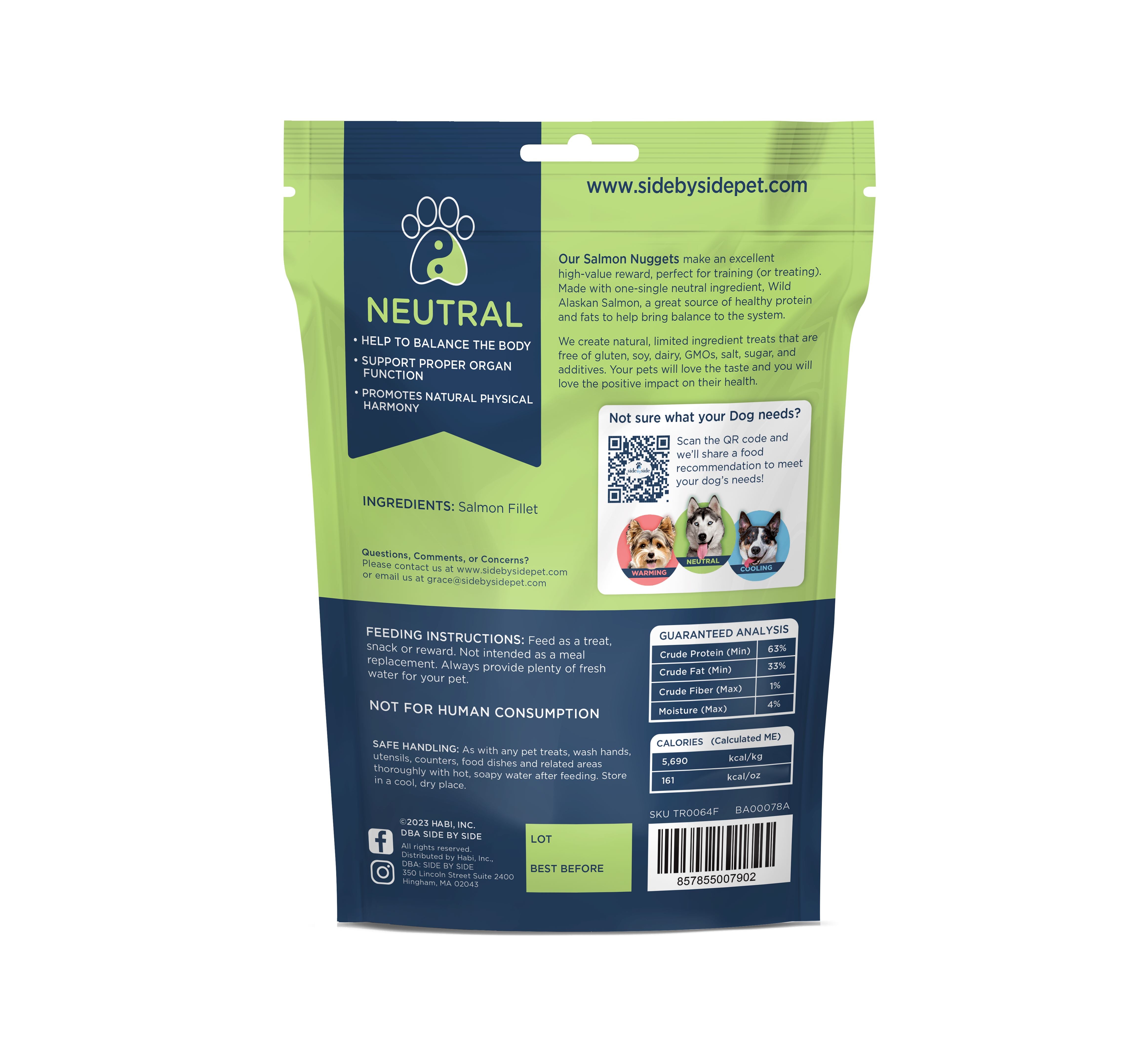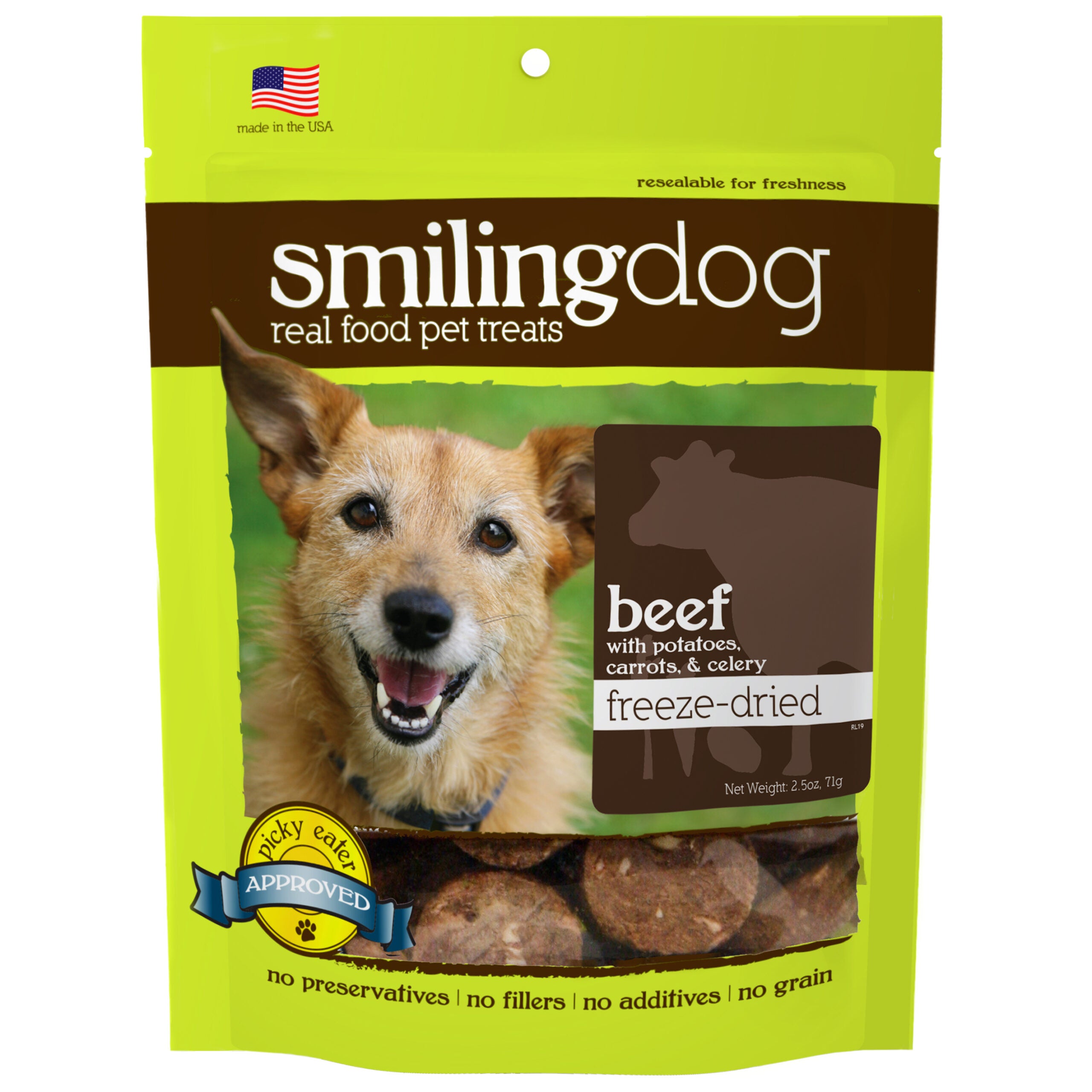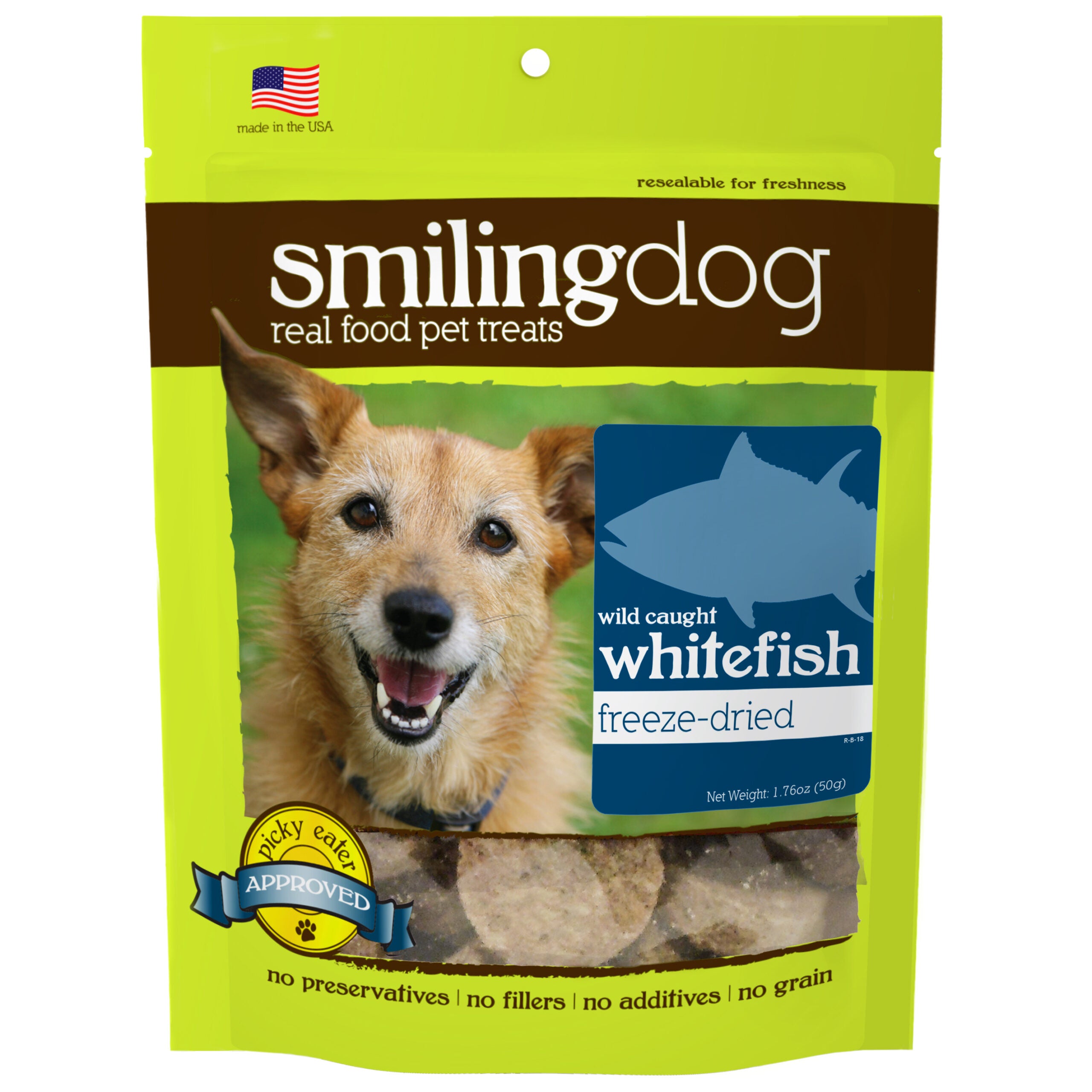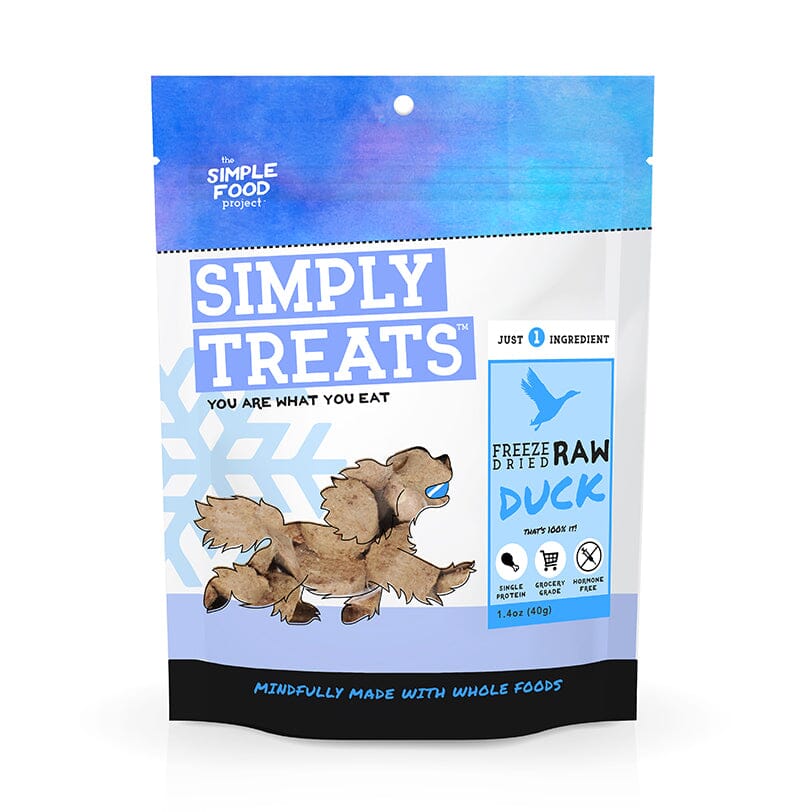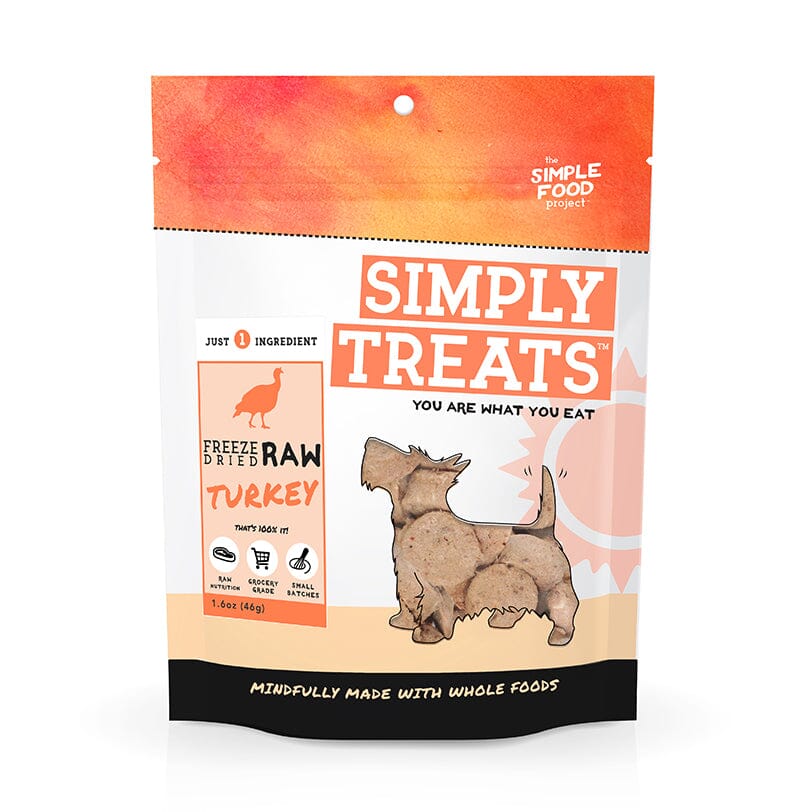
Holistic Approaches to Handling Dog Autoimmune Disease

Are you struggling with dog autoimmune disease challenges? Dog autoimmune diseases occur when the immune system mistakenly attacks the body's own cells and tissues. This can lead to various problems affecting the skin, joints, blood, and internal organs. Effectively managing the conditions calls for a holistic, well-rounded approach that integrates conventional veterinary care with complementary therapies.
Learning about dog autoimmune disease and various treatment options can make a big difference. Approaches like Traditional Chinese Veterinary Medicine (TCVM), herbal formulas, acupuncture, nutraceuticals, medicinal mushrooms, and therapies like CBD oil and adaptogenic herbs help regulate the immune system and reduce inflammation. Working with a veterinarian skilled in both conventional and holistic care ensures a personalized treatment plan. This approach not only controls symptoms but also improves your dog's quality of life.
What Are Some Common Dog Autoimmune Diseases?
Dog autoimmune diseases can affect various systems in the body, often leading to a range of symptoms that require careful diagnosis and management. Below are some of the most common autoimmune diseases seen in dogs.
Autoimmune Hemolytic Anemia (AIHA) or Immune-Mediated Hemolytic Anemia (IMHA)
Autoimmune Hemolytic Anemia (AIHA), also known as Immune-Mediated Hemolytic Anemia (IMHA), is a severe condition in which your dog's immune system mistakenly destroys its own red blood cells. These cells play a crucial role in transporting oxygen to the body's tissues and organs. When red blood cells are depleted, anemia results, leaving the body unable to deliver adequate oxygen to vital systems. If untreated, this condition can lead to significant health complications.
 The symptoms of AIHA/IMHA can develop rapidly and vary in severity. Common signs include pale or yellow-tinged gums (a result of anemia or jaundice), lethargy, and weakness as the body struggles to compensate for the lack of oxygen. Dogs may also exhibit rapid or labored breathing as their systems work harder to distribute oxygen. In severe cases, jaundice may develop due to red blood cells breaking down, which releases bilirubin into the bloodstream.
The symptoms of AIHA/IMHA can develop rapidly and vary in severity. Common signs include pale or yellow-tinged gums (a result of anemia or jaundice), lethargy, and weakness as the body struggles to compensate for the lack of oxygen. Dogs may also exhibit rapid or labored breathing as their systems work harder to distribute oxygen. In severe cases, jaundice may develop due to red blood cells breaking down, which releases bilirubin into the bloodstream.Immune-Mediated Thrombocytopenia (IMT)

Symptoms of IMT often include unexplained bruising, nosebleeds, or small red or purple spots (petechiae) from minor bleeding under the skin. More serious signs can include blood in the urine or stool and prolonged bleeding from small cuts or injuries. These symptoms occur because the body struggles to stop bleeding, even from minor trauma.
Diagnosis of IMT involves blood tests to measure platelet levels and identify immune-related markers. Treatment typically includes immunosuppressive medications, such as corticosteroids, to reduce the immune system's attack on platelets. In severe cases, transfusions may be necessary to stabilize your dog. While some dogs recover fully, others may require ongoing management to prevent relapses.
Systemic Lupus Erythematosus (SLE)
Systemic Lupus Erythematosus (SLE) is a chronic and complex autoimmune disease that can affect multiple systems in your dog's body, including the joints, skin, kidneys, heart, and other vital organs. This condition occurs when the immune system produces antibodies that mistakenly attack healthy tissues, leading to widespread inflammation and damage. While the exact cause of SLE remains unclear, contributing factors may include genetic predisposition, environmental triggers, and underlying infections.
The symptoms of SLE are diverse and often vague, making diagnosis challenging. Common signs include fever, lethargy, and joint pain, which can lead to difficulty walking or a reluctance to move. Skin lesions, such as sores or scaling, are also typical, particularly in areas exposed to sunlight. Kidney issues may develop as the disease progresses, causing signs such as increased thirst, urination, or even swelling due to fluid retention. Because SLE affects multiple organs, clinical presentation can vary widely between dogs.
Diagnosing SLE requires a combination of blood tests, urinalysis, and sometimes imaging or tissue biopsies. Treatment focuses on managing symptoms and suppressing the immune response using corticosteroids or other immunosuppressive drugs. In some cases, additional therapies may be needed to address specific organ damage. While SLE is a lifelong condition, early diagnosis and treatment can help improve your dog's quality of life and slow the disease's progression.
Pemphigus Complex
Pemphigus Complex is a group of autoimmune skin diseases in dogs characterized by blistering, crusting, and painful skin lesions. These conditions occur when the immune system mistakenly attacks the bonds between skin cells, resulting in blisters or ulcers. The most common form, Pemphigus foliaceus, typically presents with widespread crusting and sores. At the same time, the rarer and more severe Pemphigus vulgaris involves more profound and painful lesions.
 Dogs with Pemphigus Complex often exhibit visible skin abnormalities, such as ulcers, open sores, and crusted lesions. These symptoms are frequently seen in areas prone to friction or exposure, including the nose, ears, paw pads, and around the eyes. In some cases, hair loss accompanies these lesions, leaving affected areas exposed and vulnerable to secondary infections. Dogs may also show discomfort, such as excessive scratching or licking of the affected areas.
Dogs with Pemphigus Complex often exhibit visible skin abnormalities, such as ulcers, open sores, and crusted lesions. These symptoms are frequently seen in areas prone to friction or exposure, including the nose, ears, paw pads, and around the eyes. In some cases, hair loss accompanies these lesions, leaving affected areas exposed and vulnerable to secondary infections. Dogs may also show discomfort, such as excessive scratching or licking of the affected areas.Autoimmune Polyarthritis

The primary symptoms of autoimmune polyarthritis include lameness, joint swelling, and stiffness, which can significantly impact your dog's mobility. Dogs may also show reluctance to move, difficulty rising, or decreased activity levels due to pain. Some dogs may have a mild fever or show signs like loss of appetite or lethargy from systemic inflammation.
Diagnosing autoimmune polyarthritis involves a thorough exam with joint fluid analysis, X-rays, and blood tests to rule out other types of arthritis. Treatment often involves anti-inflammatory and immunosuppressive medications to reduce joint inflammation and prevent further immune attacks. Vets may recommend pain management strategies, like physical therapy or joint supplements, to improve mobility and comfort. Autoimmune polyarthritis can be tough to manage, but early diagnosis and proper treatment greatly improve your dog’s quality of life.
Autoimmune Thyroiditis
Autoimmune thyroiditis is when the immune system mistakenly attacks the thyroid gland, causing inflammation and damage. Over time, this damage impairs the thyroid's ability to produce essential hormones, often leading to hypothyroidism. In this state, the thyroid gland becomes underactive. This condition is one of the most common causes of hypothyroidism in dogs. It usually affects middle-aged to older dogs, with breeds like Golden Retrievers, Dobermans, and Boxers being more prone.
 Dogs with autoimmune thyroiditis often show gradual and subtle signs that can be mistaken for aging.
Dogs with autoimmune thyroiditis often show gradual and subtle signs that can be mistaken for aging. Common symptoms include weight gain despite no changes in diet or activity level, lethargy, and a noticeable decrease in energy. Hair loss is another hallmark symptom, often occurring in a symmetrical pattern on the body. The skin may also become dry, flaky, or prone to infections. These changes are due to thyroid hormones' vital role in regulating metabolism, skin health, and overall energy.
Inflammatory Bowel Disease (IBD)
Inflammatory Bowel Disease (IBD) is a chronic condition that affects the gastrointestinal (GI) tract in dogs and may have an autoimmune component. In IBD, the immune system mistakenly targets the lining of the GI tract, causing persistent inflammation. This inflammation disrupts normal digestion and absorption of nutrients, leading to a range of gastrointestinal symptoms. The exact cause of IBD is unclear, but it’s thought to stem from a mix of genetic factors, environmental influences, and abnormal immune responses to the gut’s microbiome or food.

Dogs with IBD often present with symptoms such as vomiting, diarrhea, and weight loss. Chronic diarrhea may be intermittent or persistent, and the stool may vary in consistency and frequency. Vomiting can occur due to irritation of the stomach lining or as a reaction to inflammation in the intestines. Abdominal pain is another common symptom and may be indicated by signs such as restlessness, whining, or a reluctance to eat. Over time, poor nutrient absorption due to IBD can lead to noticeable weight loss and a decline in overall health.
Diagnosing IBD requires ruling out other causes of gastrointestinal symptoms, like infections, parasites, or dietary intolerances. Tests may include bloodwork, fecal analysis, imaging (X-rays or ultrasounds), and sometimes endoscopy with biopsies of the intestinal lining.
Treatment focuses on managing symptoms and reducing inflammation. Treatment often involves dietary changes, like switching to a hypoallergenic or easy-to-digest diet, and medications such as corticosteroids or immunosuppressive drugs to control the immune response. Probiotics and prebiotics may also help support gut health. While IBD can’t be cured, proper management allows many dogs to live comfortably and healthily. Regular monitoring and adjustments are key to handling flare-ups and maintaining long-term well-being.
What Causes Dog Autoimmune Disease?
Dog autoimmune diseases are complex conditions with a variety of potential causes. While the exact triggers are unclear, research suggests multiple factors can contribute to their development. Understanding these causes can help identify and manage autoimmune conditions in dogs early.
Genetics

Genetic predisposition plays a significant role in developing dog autoimmune disease. Certain breeds, such as German Shepherds, Boxers, Retrievers, and Dachshunds, are more susceptible to these conditions due to inherited traits making their immune systems more likely to malfunction. Breeding practices prioritizing specific physical characteristics over genetic diversity may also increase the risk of autoimmune diseases in particular breeds.
Environmental Triggers
External factors can sometimes act as triggers for autoimmune responses in susceptible dogs. Vaccinations, while essential for preventing infectious diseases, may occasionally stimulate an overactive immune response in dogs predisposed to autoimmune diseases. Similarly, infections or chronic inflammatory conditions can disrupt the immune system's balance, leading it to mistakenly target the body's own tissues. Medications, including antibiotics and nonsteroidal anti-inflammatory drugs (NSAIDs), have also been implicated as potential triggers in some cases.
Diet and Gut Health
Emerging research underscores the critical link between gut health and immune system function. Disruptions in the gut microbiome, often caused by an imbalanced diet or prolonged antibiotic use, can trigger chronic inflammation and may lead to the onset of autoimmune diseases. Additionally, a diet deficient in essential nutrients can compromise immune system integrity, increasing the likelihood of misdirected immune responses.
Stress and Hormonal Changes
Physical or emotional stress can impact the immune system and exacerbate autoimmune conditions. Hormonal changes, like those occurring during pregnancy or aging, can also influence immune system function, making dogs more vulnerable to developing autoimmune diseases.
Unknown Causes
In many cases, the exact cause of an autoimmune disease remains idiopathic, meaning it is unknown. This is because autoimmune diseases are multifactorial, involving a complex interplay of genetic, environmental, and physiological factors that are not fully understood. Research into these conditions is ongoing, hoping to uncover more precise causes and preventive strategies.
Recognizing the potential causes of autoimmune diseases can help you and your vet take proactive measures, such as monitoring high-risk breeds, minimizing exposure to unnecessary environmental triggers, and maintaining a balanced diet and lifestyle for their dogs. Early detection and intervention remain crucial for managing these challenging conditions effectively.
Diagnosing Dog Autoimmune Disease

Diagnosing dog autoimmune disease can be complex and often requires a combination of tests to identify the underlying condition accurately. Because autoimmune diseases can mimic other illnesses, a thorough examination and detailed diagnostic process are essential for proper treatment.
Blood Tests
For most veterinarians, blood tests are a cornerstone of diagnosing autoimmaune diseases. A complete blood count (CBC) can reveal abnormalities such as anemia, low platelet levels, or elevated white blood cell counts, all of which may indicate an immune-related issue. Additional tests to measure specific antibody levels can help confirm whether the immune system is attacking the body's cells, such as red blood cells, platelets, or thyroid tissues. In some cases, autoimmune markers like antinuclear antibodies (ANA) may be detected to diagnose conditions like Systemic Lupus Erythematosus (SLE).
Biopsy
Many veterinarians also recommend biopsy for autoimmune diseases affecting the skin, such as Pemphigus Complex. A small sample of the affected skin is collected and examined under a microscope to identify characteristic signs of autoimmune activity, such as the destruction of skin cells or blister formation. This method can help confirm a diagnosis and rule out other causes, like infections or allergic reactions.
Imaging and Specialized Tests

In cases where internal organs or joints are affected, your vet might recommend imaging techniques such as X-rays, ultrasounds, or MRI. These tests help evaluate structural changes or inflammation in joints, kidneys, or heart. Specialized tests, such as joint fluid analysis for autoimmune polyarthritis or endoscopy for inflammatory bowel disease (IBD), may also be required to assess specific symptoms and pinpoint the disease.
Comprehensive Evaluation
In addition to diagnostic tests, your veterinarian may also rely on a detailed history of your dog's symptoms and physical examination findings. This holistic approach helps rule out other potential causes, such as infections, cancer, or metabolic disorders, which may present with similar signs.
Timely and accurate diagnosis is critical for managing autoimmune diseases effectively. By identifying the specific condition and its severity, your veterinarian can develop a tailored treatment plan that may include immunosuppressive therapy, dietary modifications, or supportive care. Regular monitoring and follow-up tests are often needed to assess your dog's response to treatment and adjust the plan.
Standard Veterinary Treatment and Prognosis for Dog Autoimmune Disease
Treating dog autoimmune diseases requires a multifaceted approach tailored to the specific condition and its severity. The treatment goal is to suppress the overactive immune response while providing supportive care to manage symptoms and prevent complications. Many dogs can have a good quality of life with timely and appropriate intervention. However, some conditions may require ongoing management.
Immunosuppressive Medications
In Western medicine, the cornerstone of treatment for autoimmune disease is immunosuppressive therapy, which reduces the immune system's activity to prevent it from attacking the body's tissues. Commonly prescribed drugs include corticosteroids, such as prednisone, which effectively control inflammation and suppress immune responses. In more severe cases, additional medications like cyclosporine or azathioprine may provide stronger or longer-lasting immunosuppression. These medications must often be carefully dosed to balance effectiveness with the risk of side effects, such as increased susceptibility to infections.
Supportive Care

Many dogs with autoimmune diseases require supportive care to address complications caused by the condition. For example, dogs with Autoimmune Hemolytic Anemia (AIHA) may need blood transfusions to replace destroyed red blood cells. At the same time, those with Immune-Mediated Thrombocytopenia (IMT) may require platelet transfusions or medications to promote clotting. Antibiotics are sometimes prescribed to treat or prevent secondary infections that can arise when the immune system is suppressed. For dogs with organ-specific autoimmune conditions, such as kidney or liver involvement, specialized therapies may be needed to support the affected organs.
Dietary Changes
Dietary management is crucial in autoimmune conditions affecting the gastrointestinal tract, such as Inflammatory Bowel Disease (IBD). Special diets, including hypoallergenic or quickly digestible options, can help reduce inflammation and minimize triggering foods that may exacerbate symptoms. You can also supplement with probiotics, prebiotics, or omega-3 fatty acids to further support gut health and reduce inflammation.
Monitoring and Follow-Up Care
Regular veterinary follow-ups are essential for dogs undergoing treatment for autoimmune diseases. Monitoring allows veterinarians to assess your dog's response to therapy and adjust medications as needed. Blood tests, imaging, and other diagnostics may be used regularly to monitor the condition and check for side effects of treatment, like liver or kidney issues from medication.
Prognosis Using Standard Veterinary Care
The prognosis for dogs with autoimmune diseases depends on the condition, its severity, and how quickly treatment starts. Some conditions, like mild hypothyroidism from Autoimmune Thyroiditis, can be managed well with medication. This allows dogs to live normal, everyday lives. Severe conditions, like Systemic Lupus Erythematosus (SLE) or advanced AIHA, often have a more guarded prognosis and may need lifelong care. Early detection and a proactive treatment approach often improve outcomes, but relapses or complications are possible in chronic cases. With proper management, many dogs can enjoy a good quality of life despite their condition.
TCVM and Holistic Options for Dog Autoimmune Disease
Holistic veterinarians trained in Traditional Chinese Veterinary Medicine usually take a multifaceted approach to managing dog autoimmune diseases. They aim to balance the body's energies, reduce inflammation, and support the immune system naturally, often in conjunction with conventional treatments. Below are some products and therapies TCVM-trained veterinarians frequently recommend.
Diet and Nutrition
Diet plays a pivotal role in managing dog autoimmune disease, mainly when approached from a TCVM perspective. TCVM focuses on the energetic properties of food. It aims to restore balance in the body by choosing ingredients that match your dog’s unique constitution and health condition. Nutritional therapy can help reduce inflammation, support immune function, and improve overall well-being for dogs suffering from autoimmune disease.
Cooling and Neutral Proteins for Inflammation
For dogs exhibiting signs of "Heat" or inflammation, TCVM-trained veterinarians often recommend incorporating cooling or neutral proteins into the diet. Cooling proteins, such as duck or rabbit, help dissipate internal heat and reduce inflammatory responses. You can also include neutral proteins like pork or fish, as they provide balance without exacerbating heat or cold within the body. These proteins are particularly beneficial for dogs experiencing skin issues, gastrointestinal inflammation, or other signs of an overactive immune system.
Customized Home-Cooked and TCVM-Based Diets

Holistic veterinarians frequently recommend home-cooked or TCVM-based diets to meet the specific needs of dogs with autoimmune conditions. The diets are carefully crafted to include energetically balanced foods tailored to your dog's individual constitution. For example, a diet for a dog with Yin deficiency might include cooling ingredients. In contrast, a dog's diet with Qi stagnation might incorporate foods that enhance energy flow. By avoiding common allergens and artificial additives, home-cooked meals can also reduce the risk of triggering immune responses, making them ideal for sensitized dogs.
Bone Broth for Gut and Immune Health
Bone broth is another highly beneficial addition to a diet for dog autoimmune disease. Rich in collagen, amino acids, and essential minerals, bone broth supports gut health and is integral to immune system regulation. It is easy to digest and helps soothe the gastrointestinal tract, particularly in dogs with inflammatory bowel disease (IBD). Additionally, the anti-inflammatory properties of bone broth make it a gentle yet effective way to support overall health and reduce systemic inflammation.
Integrating Nutritional Therapy
A TCVM-based dietary approach focuses on individualized, energetically balanced meals. It can complement other autoimmune disease therapies, helping dogs achieve better health and quality of life. Regular consultations with a TCVM-trained veterinarian ensure the diet meets your dog’s evolving needs and provides long-term support.
Nutraceuticals
Nutraceuticals are vital in holistically managing dog autoimmune disease. They provide targeted support to reduce inflammation, regulate immune responses, and promote overall health. Holistic vets often use nutraceuticals with conventional treatments to boost their effectiveness. This approach helps minimize side effects and manage chronic conditions more comprehensively.
Omega-3 Fatty Acids for Inflammation Reduction

Holistic veterinarians often recommend omega-3 fatty acids for dogs with autoimmune diseases due to their powerful anti-inflammatory properties. These healthy fats actively reduce systemic inflammation, benefiting conditions that affect the skin, joints, or internal organs. Beyond their immune-modulating effects, omega-3s enhance skin health, improve joint mobility, and boost cardiovascular function. High-quality options like Vet Classics Salmon Oil deliver proven results with exceptional purity, promoting your dog’s overall wellness.
PET | TAO Harmonize GI for Gut Health
PET | TAO Harmonize GI combines prebiotics, probiotics, and digestive enzymes to support gut health in dogs with autoimmune diseases. The gut is linked to immune regulation, and imbalances can worsen autoimmune symptoms. Probiotics in this formula help replenish beneficial gut bacteria. Prebiotics nourish beneficial bacteria, promoting a balanced gut environment. Digestive enzymes help break down food, improving nutrient absorption and reducing digestive stress. This combination is especially helpful for dogs with gastrointestinal issues like IBD, diarrhea, or bloating.
Colostrum for Immune Modulation
Colostrum (the nutrient-rich first milk produced by mammals) is another powerful nutraceutical for autoimmune disease management. Rich in immunoglobulins and bioactive compounds, colostrum helps modulate immune responses and restore balance, reducing the severity of autoimmune reactions. Its growth factors promote healing and tissue repair, helping dogs recover from flare-ups or chronic symptoms.
Digestive Enzymes for Gastrointestinal Support

As included in PET | TAO Harmonize GI, digestive enzymes are critical for dogs with gastrointestinal involvement. Digestive enzymes help reduce bloating, diarrhea, and discomfort by supporting the digestive process, allowing the gut to heal and function optimally. Enzymes also ensure efficient nutrient absorption, which is essential for overall health and immune system support.
Integrating Nutraceuticals into a Holistic Plan
Incorporating nutraceuticals like PET | TAO Harmonize GI, Vet Classics Salmon Oil, and colostrum into your dog's treatment plan provides a natural, multifaceted approach to managing autoimmune diseases. The supplements work synergistically with other therapies to improve symptoms, restore balance, and enhance quality of life. Holistic veterinarians can help pet owners choose and dose these products safely, supporting dogs with autoimmune conditions effectively.
Whole Food Supplements
Whole food supplements are a natural way to support dogs with autoimmune diseases. They provide nutrients that nourish the body holistically. These supplements use minimally processed ingredients to improve health, balance the immune system, and address specific concerns. In TCVM, they align with the idea of using food as medicine to restore balance in the body.
Whole-Body Support Supplements
Whole-body support supplements offer nutritional and energetic benefits, making them valuable for dogs with autoimmune diseases. Products like Standard Process Canine Immune System Support strengthen the immune system and address deficiencies that worsen autoimmune conditions. PET | TAO Harmonize GI supports gut health, which is crucial for balanced immune function. These supplements reduce inflammation, enhance resilience, and promote overall well-being by supporting the gut and immune systems
Single-Organ Freeze-Dried Treats
Single-organ freeze-dried treats offer targeted support based on the TCVM principle of "like supports like." This approach suggests that feeding a specific organ, such as the liver or kidney, helps support the health and function of the corresponding organ system in your dog's body. For example, freeze-dried liver treats benefist dogs with liver-related autoimmune conditions. Similarly, freeze-dried kidney treat promote kidney health. Freeze-dried raw treats are highly palatable and provide a concentrated source of nutrients, making them an excellent supplement for dogs with specific organ needs or chronic conditions.
Integrating Whole Food Supplements
Incorporating whole food supplements into your dog's diet ensures a natural, nutrient-dense foundation for health. Whole food supplements support the body's natural healing processes and work synergistically with other treatments, such as herbal remedies and nutraceuticals. Regular consultation with a TCVM-trained veterinarian helps tailor the use of whole food supplements to meet each dog's unique needs, ensuring balanced support for autoimmune conditions and promoting long-term health.
Antioxidants and Anti-Inflammatory Support
Antioxidants and anti-inflammatory supplements are natural options that may complement the management of autoimmune concerns in dogs. These compounds support the body's natural processes, promote general wellness, and maintain cellular health. Incorporating these supplements alongside other therapies support overall health and comfort.
High-Dose Sodium Ascorbate: A Powerful Antioxidant
Sodium ascorbate, a buffered form of vitamin C, is a potent antioxidant vital in supporting overall health and combating oxidative stress. Unlike regular ascorbic acid, sodium ascorbate is less acidic, making it gentler on the stomach and suitable for dogs with sensitive digestive systems. High-dose sodium ascorbate helps neutralize free radicals, which can damage cells and contribute to chronic inflammation—a key factor in many autoimmune diseases. By reducing oxidative stress, sodium ascorbate supports cellular health and enhances the body's natural defenses.
In addition to its antioxidant properties, sodium ascorbate supports the immune system by promoting collagen production, aiding tissue repair, and supporting the integrity of blood vessels. For dogs with autoimmune diseases, this can be particularly beneficial in maintaining skin and joint health and promoting faster recovery from flare-ups. When part of a comprehensive care plan under veterinary supervision, high-dose sodium ascorbate can complement other therapies to help manage inflammation and improve overall well-being.
Curcumin: Supporting Natural Processes
Curcumin, the active compound in turmeric, offers powerful support for dogs with autoimmune diseases by targeting inflammation and regulating immune function. Autoimmune conditions arise when the immune system mistakenly attacks the body’s own tissues, leading to inflammation, discomfort, and cellular damage. Curcumin helps balance an overactive immune system, reducing the excessive immune activity that causes tissue harm.
Resveratrol: Supporting Cellular Health
Holistic vets also often recommend adding resveratrol, derived from grapes and berries, to a dog's regimen for its antioxidant properties that help maintain cellular health. This supports overall wellness and balance, especially for dogs with wellness plans focused on promoting resilience and healthy aging.
Integrating Antioxidant and Anti-Inflammatory Supplements into Care
Supplements like PET | TAO Comfort, Ayush Pet Paingon Boswelya, and curcumin-based products can complement a broader plan focused on overall health and well-being. When used under a veterinarian's guidance, these options can be a valuable addition to your dog's wellness strategy. Always consult your veterinarian to determine the best approach and ensure compatibility with your dog's needs.
Essential Oils and Aromatherapy

Essential oils and aromatherapy are natural, complementary therapies often used to support dogs with autoimmune diseases. These plant-derived oils offer a range of therapeutic benefits, from reducing inflammation to alleviating stress, making them an excellent addition to a holistic care plan. However, because dogs are more sensitive to essential oils than humans, proper usage and veterinary guidance are imperative to ensure safety and efficacy.
Frankincense: Reducing Inflammation and Supporting Healing
Frankincense (Boswellia) is a highly regarded essential oil in human and animal wellness due to its anti-inflammatory and immune-modulating properties. This oil helps reduce systemic inflammation, making it especially beneficial for dogs with autoimmune conditions affecting the joints, skin, or other organs. Frankincense also supports cellular health, promoting healing and reducing oxidative stress. You can dilute and use it topically, diffused it in the air to provide gentle, widespread therapeutic effects. Consulting with your veterinarian or a certified animal aromatherapist will ensure you use this oil correctly and safely for your dog's specific needs.
Lavender: Alleviating Stress and Promoting Relaxation
Lavender, another popular essential oil, is well-known for its calming properties. Stress can exacerbate autoimmune conditions by triggering or intensifying immune system dysregulation. Lavender oil helps reduce anxiety and promote relaxation, making it particularly useful for dogs experiencing stress or discomfort related to their condition. You can diffuse lavender to create a calming environment or apply it diluted to paw pads or behind the ears. A veterinarian or certified animal aromatherapist should supervise the use of all essential oils to ensure safety and proper application
The Importance of High-Quality Essential Oils
The quality of essential oils is crucial when using them for dogs, especially those with autoimmune diseases. Poor-quality oils may contain synthetic additives, pesticides, or contaminants that could irritate your dog's skin, exacerbate symptoms, or cause toxicity. High-quality oils are safer and more effective, retaining their therapeutic properties for maximum benefit.
How to Choose High-Quality Oils
When selecting essential oils, opt for products labeled as 100% pure and therapeutic grade. Reputable brands provide transparency, offering third-party testing results, such as GC/MS (Gas Chromatography/Mass Spectrometry) reports, to verify the oil's purity and composition. Organic oils ensure they are free from harmful chemicals, while sustainably sourced products support ethical and environmentally responsible practices. Pet-specific or pre-diluted formulations are also available and can be safer for those new to using essential oils for their animals.
Our veterinarians recommend doTERRA essential oils due to their rigorous quality testing and transparency. doTERRA is also backed by a veterinary advisory board with years of clinical experience using these oils, offering trusted expertise and guidance on safe and effective use for pets. Choosing a highly tested and veterinarian-approved brand like doTERRA ensures you use the best oils for your dog's wellness.
Integrating Essential Oils into a Holistic Care Plan
Incorporating essential oils like Frankincense and Lavender into your dog's care plan offers a natural way to address inflammation and stress, two critical factors in managing autoimmune diseases. These oils can complement other treatments, helping to improve your dog's quality of life and overall well-being. As with all holistic therapies, you must work closely with a veterinarian to ensure you are using the oils safely and effectively, tailored to your dog's unique condition and sensitivities. Regular monitoring and adjustments to your dog's care plan maximize the benefits of these therapeutic oils.
TCVM Herbal Formulas for Dog Autoimmune Disease
Chinese herbal formulas, also know as TCVM herbal formulas or Eastern herbal medicine, are a cornerstone of TCVM, offering targeted and natural support for dogs with autoimmune diseases. Eastern herbal formulas address specific imbalances within the body, such as inflammation, Yin deficiency, or Qi stagnation. By restoring harmony and balance, TCVM herbs can complement conventional treatments, reducing symptoms and supporting overall health. However, TCVM herbal formulas require authorization and guidance from a veterinarian trained in TCVM to ensure their safe and effective use.

Below is a selection of herbs our veterinarians often recommend to support dogs with autoimmune diseases. Please note that this is just a small sampling; there are hundreds of herbal formulas available. Your veterinarian may select a different formula tailored specifically to your dog's unique patterns and deficiencies.
Rehmannia 6: Nourishing Yin and Tonifying the Kidneys
Rehmannia 6 is a TCVM herbal blend to nourish Yin and tonify kidney function. This formula is particularly beneficial for dogs with conditions stemming from Yin deficiency, which can manifest as dryness, heat imbalances, or signs of aging, such as decreased energy, excessive thirst, or irritability.
Rehmannia 14: Supporting Kidney Health and Yin Deficiency
Rehmannia 14 tonifies the kidneys and addresses Yin deficiency, a condition often associated with autoimmune imbalances. In TCVM, Yin deficiency can manifest as inflammation, dryness, or a general lack of cooling energy in the body. These formulas help nourish the kidneys, regulate energy flow, and reduce systemic inflammation, making them particularly useful for dogs with chronic autoimmune conditions.
Bu Zhong Yi Qi Tang: Strengthening Qi and Energy Levels
Bu Zhong Yi Qi Tang is a powerful herbal formula for strengthening Qi, the body's vital energy. This blend is especially beneficial for dogs experiencing chronic fatigue, anemia, or general weakness due to their autoimmune condition. Bu Zhong Yi Qi Tang helps dogs regain vitality and resilience by enhancing the body's energy and supporting immune function.
Si Miao San: Addressing Inflammation and Damp Heat
Si Miao San is a popular TCVM formula for addressing inflammation and "Damp Heat" symptoms, such as swelling, redness, and heat in the body. It is particularly effective for dogs with autoimmune diseases that present with skin issues, such as sores, hot spots, or inflammatory bowel disease (IBD). Si Miao San works by clearing heat and drying dampness, helping to alleviate discomfort and promote healing.
Blood Heat Formula: Cooling Blood and Clearing Heat
Blood Heat Formula is a TCVM herbal blend specifically designed to cool the blood, clear heat, detoxify the body, and resolve nodules. It is particularly beneficial for dogs with autoimmune diseases presenting symptoms such as skin inflammation, redness, swelling, or nodular growths. This formula works by addressing "Blood Heat" patterns, which TCVM identifies as an underlying cause of inflammatory conditions.
Han Lian Cao Formula: Cooling Blood and Supporting Vitality
Han Lian Cao Formula is a TCVM herbal blend that helps cool the blood, stop bleeding, clear dampness, transform phlegm, and tonify Qi and Yang. This formula is particularly beneficial for dogs experiencing imbalances related to dampness, blood heat, or deficiencies in Qi and Yang, which may manifest as chronic fatigue, weakness, or inflammatory conditions.
Mu Dan Pi Formula: Cooling Blood and Resolving Stagnation
Mu Dan Pi Formula is a TCVM herbal blend designed to cool the blood and resolve stagnation. This formula is particularly effective for dogs experiencing conditions associated with blood heat and stagnation, which may manifest as inflammation, swelling, or discomfort due to poor circulation or immune imbalances.
Zhi Bai Di Huang: Nourishing Yin and Clearing Heat
Zhi Bai Di Huang is a TCVM herbal blend formulated to nourish Yin and clear heat. This formula is especially beneficial for dogs experiencing Yin deficiency accompanied by heat signs, such as excessive thirst, restlessness, dry skin, or chronic inflammation. It supports balance within the body by replenishing Yin and addressing heat-related imbalances.
How to Access TCVM Herbal Formulas
Since TCVM herbal formulas are potent and specific to each dog's individual condition, they require a veterinarian's authorization. A trained TCVM veterinarian can diagnose the underlying energetic imbalances and recommend the most appropriate formula. Improper use or dosing of these formulas can lead to adverse effects, making professional guidance essential.
If you're looking for a TCVM-trained veterinarian, you can find one near you here. For added convenience, you can also schedule a telemedicine consultation with our vet to discuss your dog's condition and determine the right TCVM herbal approach. Our team ensures safe, personalized recommendations tailored to your pet's needs.
Integrating Herbal Formulas into a Holistic Care Plan
Incorporating TCVM herbal formulas into your dog's treatment plan provides a natural, holistic approach to healing. With the help of a TCVM-trained veterinarian, these formulas can be seamlessly integrated into a comprehensive care plan, complementing other therapies to reduce symptoms and improve quality of life. Regular follow-ups are essential to monitor your dog's progress and adjust the treatment plan, ensuring long-term health and well-being.
How Acupressure, Acupuncture, and Tui-Na Help Dog Autoimmune Disease
Acupressure, acupuncture, and Tui-Na are integral therapies in Traditional Chinese Veterinary Medicine, offering natural, non-invasive methods to support dogs with autoimmune diseases. These techniques work synergistically to regulate immune function, reduce inflammation, and restore energetic balance in the body. Combined, they provide comprehensive care tailored to each dog's unique needs.
Acupuncture: Balancing Energy and Reducing Inflammation
Acupuncture, performed by a trained veterinarian, involves the insertion of fine needles into specific points along the body's meridians. These points are chosen based on your dog's condition and the TCVM diagnosis of underlying imbalances. For dogs with autoimmune diseases, acupuncture may target points to strengthen Qi, tonify Yin, or clear Heat and Dampness, often associated with inflammation. Acupuncture stimulates the release of endorphins, enhances blood circulation, and triggers the body's natural anti-inflammatory responses. Dogs with conditions like Immune-Mediated Polyarthritis (IMPA), inflammatory bowel disease (IBD), or skin disorders frequently experience reduced pain and improved overall function following acupuncture sessions.
Acupressure: A Gentle, Needle-Free Alternative
Acupressure, a needle-free alternative, involves applying gentle pressure to the same meridian points targeted in acupuncture. This therapy benefits dogs sensitive to needles or as a supplementary technique between acupuncture appointments. Acupressure helps regulate immune activity, reduce discomfort, and relieve stress, which can exacerbate autoimmune diseases. Pet owners can also learn basic acupressure techniques to provide at-home support under the guidance of a TCVM-trained practitioner.
Tui-Na: Therapeutic Massage for Healing and Relaxation
Tui-Na, a form of therapeutic massage rooted in TCVM principles, complements acupuncture and acupressure by focusing on the physical manipulation of the body to promote healing. Tui-Na involves gentle stretching, kneading, and pressing movements along the meridians to stimulate Qi flow, improve circulation, and reduce muscle tension. This therapy can benefit dogs with mobility issues or chronic pain caused by autoimmune conditions such as arthritis. Additionally, Tui-Na enhances relaxation and reduces stress, further supporting your dog's overall well-being.
Comprehensive Care with TCVM Therapies
Combined, these three therapies provide a comprehensive approach to managing dog autoimmune diseases. Acupuncture and acupressure target internal energetic imbalances, while Tui-Na adds a physical, hands-on element to promote healing and comfort. Together, they form a powerful, natural system of care that can be customized to address each dog's unique needs. Regular sessions with a TCVM-trained veterinarian ensure these therapies are applied effectively, improving your dog's quality of life and supporting long-term health.
Other Supportive Therapies for Dog Autoimmune Disease
Other supportive therapies, such as CBD oil, adaptogenic herbs, and medicinal mushrooms, provide natural and effective ways to manage dog autoimmune disease. These therapies focus on regulating immune function, reducing inflammation, and helping the body adapt to stress, all of which are critical for improving the affected dogs' overall health and quality of life. They offer a holistic approach to managing complex conditions when used alongside conventional treatments.
CBD Oil: Managing Inflammation and Stress

CBD oil, a natural compound extracted from the hemp plant, interacts with the body's endocannabinoid system (ECS). The ECS is vital in regulating immune responses, managing inflammation, and modulating pain perception. For dogs with autoimmune diseases, CBD oil can help reduce chronic inflammation and alleviate discomfort caused by conditions such as autoimmune arthritis or inflammatory bowel disease (IBD). Additionally, CBD has calming properties, making it particularly beneficial for dogs suffering from anxiety or stress, which can exacerbate autoimmune conditions. Products formulated for pets ensure safe dosing and should always be administered under veterinary supervision to maximize benefits.
Adaptogenic Herbs: Supporting Stress Adaptation and Immune Regulation
Adaptogenic herbs, such as Ashwagandha and Astragalus, are highly valued for their ability to help the body adapt to stress and regulate immune responses.
Ashwagandha is renowned for its calming and restorative effects. It helps reduce cortisol levels, which are often elevated during periods of stress. It supports the immune system in maintaining balance. This herb is beneficial for dogs prone to stress-related flare-ups of autoimmune conditions.
Astragalus is a staple in Traditional Chinese Veterinary Medicine and is known for its immune-modulating properties. It strengthens the body's natural defenses, improves energy levels, and enhances overall resilience. Astragalus is especially beneficial for dogs with chronic fatigue or immune depletion caused by autoimmune diseases. It is included in many of the TCVM herbal formulas, combined with other synergistic herbs, to help dogs with autoimmune disease.
Both herbs are available in powders, tinctures, or pre-formulated blends. Their usage should be guided by a veterinarian trained in holistic care to ensure safety and efficacy.
Medicinal Mushrooms: Enhancing Immune Function

Medicinal mushrooms provide powerful immune-supporting properties, making them an excellent addition to the care plan for dogs with autoimmune diseases. Rich in polysaccharides and beta-glucans, these mushrooms help regulate immune activity, reduce inflammation, and support overall health.
- Reishi Mushroom: Known for its immune-modulating and anti-inflammatory properties, Reishi helps calm overactive immune responses while promoting cellular health.
- Shiitake Mushroom: Shiitake supports immune resilience and promotes gut health, an essential aspect of well-being for dogs with autoimmune gastrointestinal concerns.
- Turkey Tail Mushroom: A potent source of antioxidants, Turkey Tail is particularly effective in reducing oxidative stress and improving immune balance.
- Maitake Mushroom: Known for its adaptogenic effects, Maitake strengthens the immune system and helps the body cope with stress.
PET | TAO Complement Immune combines these powerful mushrooms with additional immune-supporting ingredients such as milk thistle, Coenzyme Q-10, and vitamins A, C, and E. This blend provides comprehensive immune regulation, particularly beneficial for dogs with autoimmune diseases. By incorporating PET | TAO Complement Immune into your dog's treatment plan, you can support its immune system naturally and effectively.
Integrating Supportive Therapies into a Holistic Plan
Incorporating CBD oil, adaptogenic herbs, and medicinal mushrooms like PET | TAO Complement Immune into your dog's treatment plan provides a natural and targeted approach to managing autoimmune diseases. These therapies work synergistically with other holistic treatments, such as acupuncture and TCVM herbal formulas, to address the root causes of autoimmune imbalances while improving symptoms. With proper veterinary guidance, these supportive therapies can help restore balance, reduce inflammation, and enhance the overall well-being of dogs facing autoimmune challenges.
Your Dog Can Feel Better!
Caring for a dog with an autoimmune disease can be a challenging journey. Still, with the right combination of veterinary expertise, holistic therapies, and a personalized care plan, you can help your dog live a healthier and more comfortable life.
By targeting the root causes of immune dysfunction and emphasizing inflammation reduction, immune balance, and overall well-being, you can profoundly impact your dog's health and help effectively manage their condition.
Many tools are available to promote healing and balance, whether through TCVM herbal formulas, acupuncture, nutraceuticals, medicinal mushrooms, or supportive therapies like CBD oil.
Remember, every dog is unique, so working closely with a trusted veterinarian is crucial to tailor treatments to your dog's specific needs. With patience, love, and a proactive approach, you can give your dog the best chance to thrive despite its autoimmune challenges.
Sources:
- Tizard, I. R. (2024, January 8). Hypersensitivity diseases in animals. Merck Veterinary Manual. https://www.merckvetmanual.com/immune-system/immunologic-diseases/hypersensitivity-diseases-in-animals
- Chinese Herbal Medicine Database. (n.d.). https://herbaltcm.sn.polyu.edu.hk/
- Molony, D., & Molony, M. M. P. (1998). The American Association of Oriental Medicine's Complete Guide to Chinese Herbal Medicine: How to Treat Illness and Maintain Wellness with Chinese Herbs. Berkley Trade.
- Xie, H., & Preast, V. (2010). Xie’s Chinese Veterinary Herbology. John Wiley & Sons.

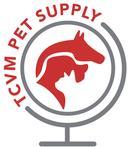

 One of curcumin’s most significant benefits is its potent anti-inflammatory properties. It inhibits key enzymes and molecules that drive inflammation, such as COX-2 and NF-kB, providing relief from symptoms like joint pain, swelling, and skin irritation. Additionally, curcumin’s strong antioxidant effects protect cells from oxidative stress and damage, which are common in autoimmune diseases.
One of curcumin’s most significant benefits is its potent anti-inflammatory properties. It inhibits key enzymes and molecules that drive inflammation, such as COX-2 and NF-kB, providing relief from symptoms like joint pain, swelling, and skin irritation. Additionally, curcumin’s strong antioxidant effects protect cells from oxidative stress and damage, which are common in autoimmune diseases. Products like
Products like 





